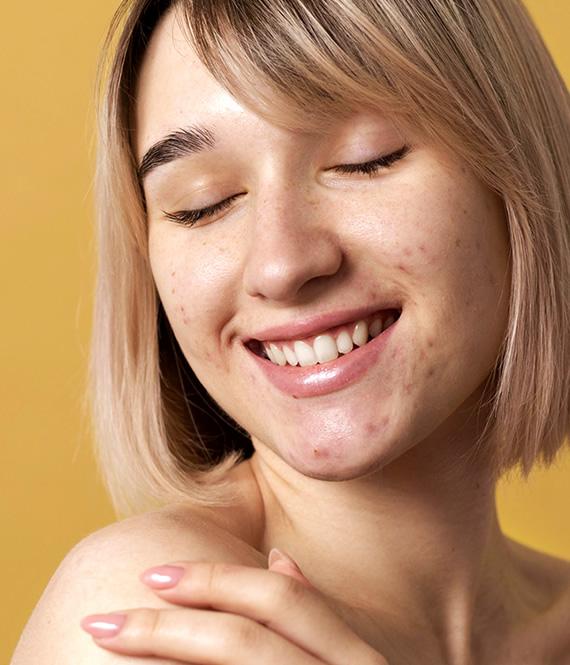
12 Common Skin Issues And The Best Ways To Address Them
We recommend helpful products in our articles. Read our full disclosure here. The content on this website is not intended to be a substitute for professional advice, diagnosis, or treatment.
Maintaining healthy skin is essential for aesthetic reasons and indicative of one’s overall well-being.
Various factors, including environmental influences and genetic predispositions, can contribute to common skin issues.
This comprehensive guide will explore the most prevalent, common skin issues and provide valuable insights on addressing them effectively and safely.
The Most Common Skin Issues And What To Do About Them
Understanding your skin type is fundamental to crafting an effective skincare routine.
Whether you have normal, oily, dry, combination, or sensitive skin, tailoring your regimen and seeking guidance from dermatology professionals in your area, such as Houston Skin, can make a significant difference in addressing the following common skin issues.
1. Acne
Acne is one of the most prevalent skin issues, affecting people of all ages.
It occurs when hair follicles become clogged with oil and dead skin cells, forming pimples, blackheads, and whiteheads.
To address acne, it’s crucial to maintain a consistent skincare routine that includes gentle cleansing, exfoliation, and non-comedogenic products.
Consulting a dermatologist for prescription medications or professional treatments may be necessary in severe cases.
2. Eczema
Eczema, or atopic dermatitis, is a chronic skin condition characterized by red, itchy rashes.
While it often begins in childhood, it can persist into adulthood.
Moisturizing regularly with fragrance-free creams or ointments, avoiding irritants, and using mild, non-drying cleansers are essential in managing eczema.
Dermatologists may recommend topical steroids or other medications for flare-ups, and identifying and avoiding triggers is crucial for long-term management.
3. Psoriasis
Psoriasis is an autoimmune condition that results in the rapid buildup of skin cells, leading to red, scaly patches.
While there is no cure, various treatments can help manage symptoms.
Topical treatments, phototherapy, and systemic medications prescribed by a dermatologist are common approaches.
Maintaining a healthy lifestyle, managing stress, and avoiding certain triggers can also contribute to better psoriasis management.
4. Rosacea
Rosacea is a chronic skin condition characterized by facial redness, visible blood vessels, and, sometimes, pimples.
While there is no cure, specific lifestyle changes can help manage symptoms.
Sun protection, gentle skincare routines, and identifying and avoiding triggers such as spicy foods or alcohol are essential in managing rosacea.
In some cases, dermatologists may prescribe medications or recommend laser therapy to reduce redness.
5. Dry Skin
Dry skin is a common issue, especially in colder climates or during harsh weather conditions.
It’s important to hydrate from within by drinking enough water and using moisturizers that contain ingredients like hyaluronic acid and glycerin to address dryness.
Avoiding long, hot showers and harsh soaps is also crucial.
A dermatologist may recommend prescription-strength moisturizers or other targeted treatments if dryness persists.
6. Wrinkles And Fine Lines
As people age, the skin naturally loses collagen and elasticity, leading to the formation of wrinkles and fine lines.
While aging is inevitable, there are ways to minimize the appearance of these signs.
Sun protection, a consistent skincare routine with anti-aging ingredients like retinoids and peptides, and in-office treatments such as injectables or laser therapy can help reduce and prevent wrinkles.
7. Cystic Acne
Cystic acne is a severe acne characterized by deep, painful pimples.
It often requires more intensive treatment, including prescription medications such as oral antibiotics or isotretinoin.
A dermatologist can provide a tailored approach, and avoiding picking or squeezing cystic acne is crucial to prevent scarring.
8. Melasma
Melasma is a skin condition characterized by brown or gray-brown patches, often occurring on the face.
Hormonal changes, such as those during pregnancy or while using birth control, can trigger melasma.
Sun protection is crucial, and dermatologists may recommend topical treatments containing ingredients like hydroquinone or other lightening agents to address pigmentation.
9. Keratosis Pilaris (Chicken Skin)
Keratosis pilaris is a common, harmless skin condition characterized by small, rough bumps often appearing on the arms, thighs, or buttocks.
Regular exfoliation with a gentle scrub or body wash containing alpha hydroxy acids can help smooth the skin.
Moisturizing regularly and avoiding harsh soaps contribute to managing the appearance of these bumps.
10. Contact Dermatitis
Contact dermatitis is an inflammatory skin condition caused by contact with allergens or irritants.
Identifying and avoiding triggers, such as certain skincare products, plants, or metals, is crucial.
Dermatologists may recommend topical corticosteroids or antihistamines for symptom relief, and maintaining a hypoallergenic skincare routine can help prevent flare-ups.
11. Seborrheic Dermatitis
Seborrheic dermatitis is a common condition that causes red, scaly patches and dandruff, primarily on the scalp.
Using medicated shampoos containing ingredients like ketoconazole, coal tar, or salicylic acid can help manage symptoms.
Regular cleansing and avoiding harsh styling products can also contribute to a healthier scalp.
12. Fungal Infections
Fungal skin infections, caused by various fungi like dermatophytes and yeast, commonly affect areas such as the feet, groin, scalp, and nails.
These infections, including athlete’s foot, ringworm, jock itch, and nail fungus, manifest as itchy rashes, scaling, and sometimes discolored nails.
Fungal skin infections are generally treated with antifungal medications, either topical (applied directly to the affected area) or oral, depending on the infection’s severity and location.
The Importance Of Professional Skincare Consultation
Knowing When To Consult A Dermatologist
While a well-rounded skincare routine is crucial, there are instances when professional guidance is necessary.
Recognizing when to consult a dermatologist ensures timely intervention.
It’s important to seek a dermatologist’s expertise for persistent or severe skin conditions, such as uncontrolled acne, chronic rashes, or suspicious moles.
Additionally, if you notice sudden changes in your skin’s texture, color, or the appearance of new growths, a dermatologist can provide accurate diagnosis and treatment options.
Remember, early detection and professional care are key to effectively managing skin health issues.
Exploring Professional Treatments For Common Skin Issues
Conclusion
Prioritizing healthy skin involves understanding and effectively ,addressing common skin issues.
While a consistent skincare routine serves as a preventive measure, consulting with professional dermatologists ensures personalized solutions and the safest way to treat them.
Remember, taking a proactive approach to skincare not only contributes to skin health but also enhances overall well-being.
"We love to research problems, examine studies, analyze solutions, and share with you ideas that make life healthier. You can learn about us and our editorial standards here. Have suggestions or feedback to share? Send us a message!."

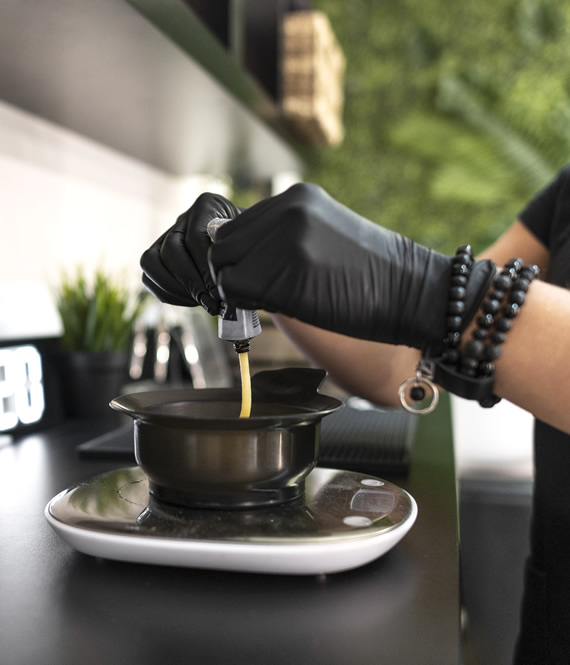
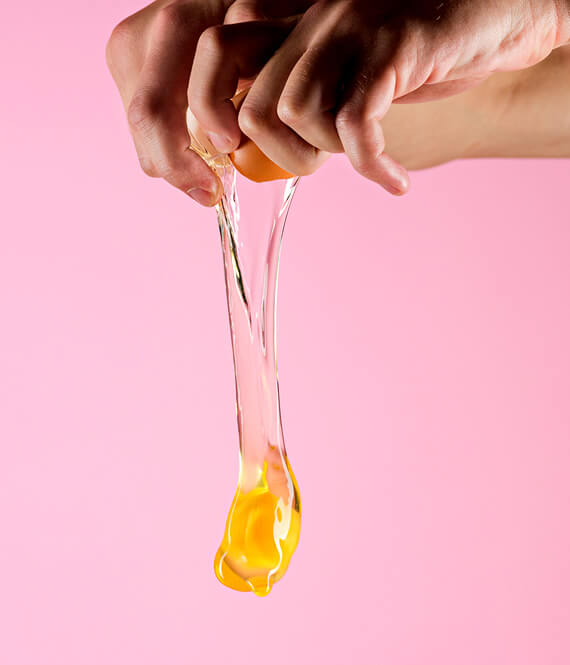
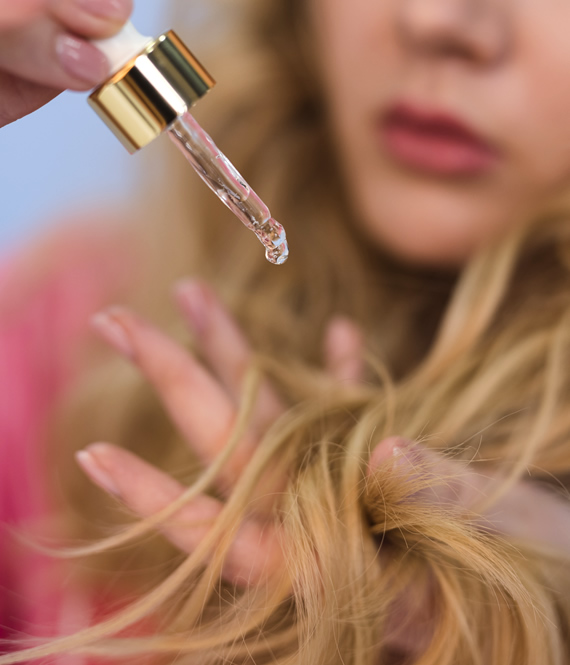








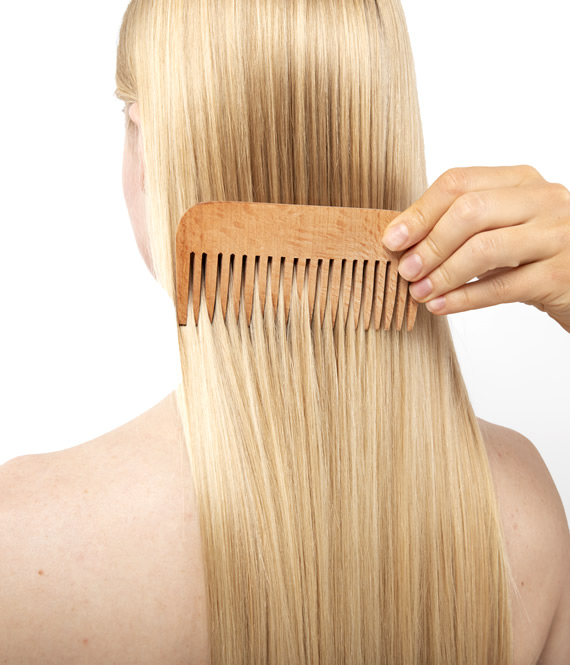
Leave a Comment